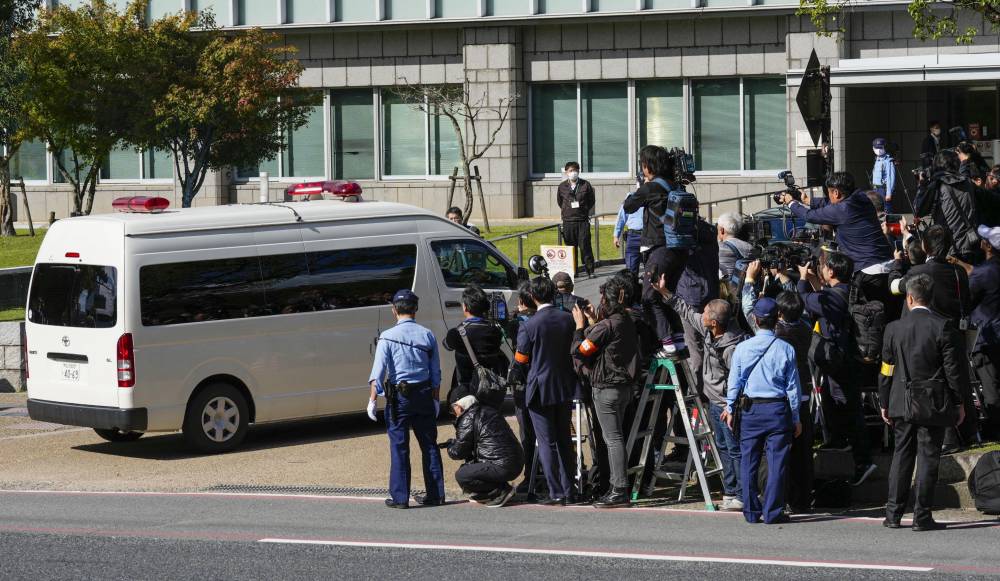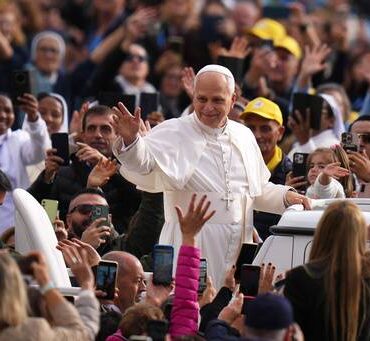Shooter of former PM Abe pleads guilty to murder

A man indicted for killing former Japanese Prime Minister Shinzo Abe in 2022 pleaded guilty on Tuesday, in his first court hearing since the murder that stunned the nation and put a spotlight on the controversial Unification Church and its dubious links to politicians.
Tetsuya Yamagami, 45, said at the Nara District Court, “It is true. There is no doubt that I did it.”
He is accused of murdering Abe, the country’s longest-serving postwar prime minister, with a handmade firearm during an election stump speech in western Japan.
The focus of the high-profile trial under the lay judge system is on whether the court will grant leniency, as the defense argues that his personality and behavior were shaped by an upbringing marked by religious abuse.
Unification Church
According to the defense counsel, Yamagami’s mother, a follower of the Unification Church, donated 100 million yen ($660,000) to the group. She is among 12 witnesses scheduled to testify ahead of the court’s ruling on Jan. 21.
During the hearing, prosecutors said Yamagami bore a grudge against the Unification Church after his mother became a follower and committed the crime, believing that shooting Abe would draw “attention and criticism” to the group.
Prosecutors said the consequences of the crime were “unprecedented” in postwar Japan, arguing that the defendant’s difficult upbringing should not be used to justify “a substantially reduced sentence.”
Abe was targeted as his grandfather, former Prime Minister Nobusuke Kishi, helped introduce the group, formed in 1954 by a staunch anticommunist in South Korea, to Japan, investigative sources said earlier.
Yamagami was also indicted for causing damage to a building from test-firing and violating laws regulating firearms, explosives and the manufacture of weapons.
The case drew 727 people who lined up on Tuesday morning in hopes of securing one of 32 public seats in the courtroom, which were determined by lottery.
The Unification Church came under intense scrutiny over its ties to members of the ruling Liberal Democratic Party, formerly led by Abe.
The sufferings of “second-generation” followers, or children of Unification Church members, also came to light. The church, known for its predatory fundraising practices, faces dissolution following a court order to disband, which it has appealed.

















